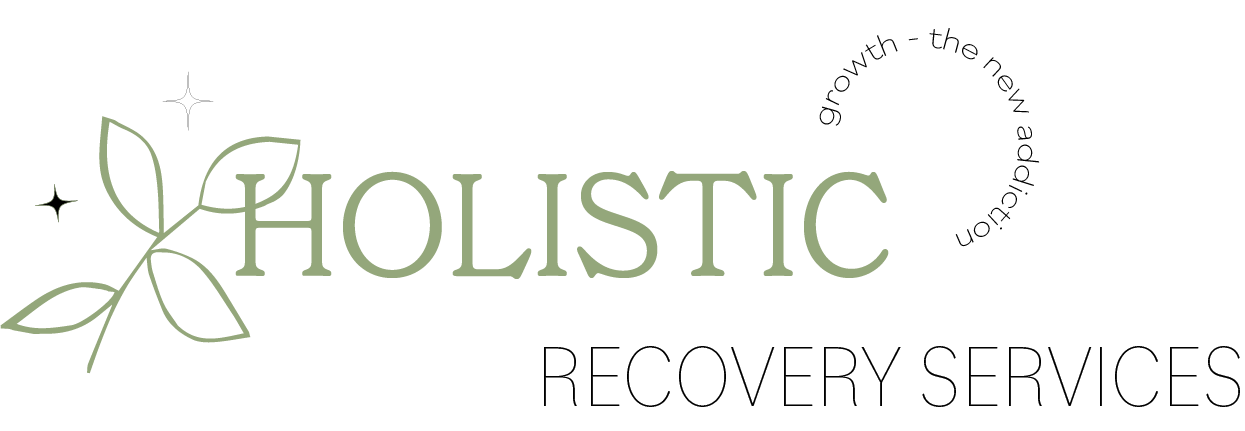Welcome to Mental Fitness
Transforming therapy for recovering therapists by integrating holistic healing practices
In the dynamic field of substance use therapy, maintaining optimal mental fitness is not just beneficial, it's essential. As a substance use therapist navigating your own recovery journey, you face unique challenges. Managing the complex terrain of being a substance use therapist while simultaneously in recovery requires careful consideration and proactive management.
You’re not just a therapist; you’re also on your own path of recovery, and that’s a journey I completely understand

Here are some of the key challenges:
1. Boundary Management
Maintaining clear and healthy boundaries between personal recovery and professional responsibilities can be challenging. Therapists may struggle to compartmentalize their own recovery journey while providing support to clients, risking potential boundary violations or emotional entanglement.
2. Relapse Risk
Despite their expertise and training, substance use therapists in recovery are not immune to the risk of relapse. The stressors and triggers inherent in their professional roles may increase vulnerability to relapse, highlighting the importance of ongoing support, accountability, and self-monitoring.
3. Stigma and Disclosure
Deciding whether, when, and how to disclose one's own recovery status to clients, colleagues, and employers can be a daunting decision. Fear of stigma, discrimination, or judgment may lead therapists to conceal their recovery status, potentially impacting their ability to seek support and connect authentically with clients.
4. Triggers and Temptations
Substance use therapists in recovery may encounter triggers and temptations in their professional environments, such as exposure to substances or clients' stories that resonate with their own experiences. Managing these triggers while maintaining professionalism and focus on client care can be emotionally taxing.
5. Self-Care & Burnout
Balancing the demands of supporting clients with the need for self-care and personal recovery can be challenging. Substance use therapists may prioritize their clients' well-being over their own, leading to burnout, compassion fatigue, and neglect of their own recovery needs.
6. Dual Relationships
Substance use therapists in recovery may navigate dual relationships with clients who are also in recovery, blurring the lines between personal and professional connections. Maintaining ethical boundaries and ensuring objectivity and impartiality in these relationships is paramount.
7. Projection & Emotional Response
Therapists in recovery may experience countertransference or projection in their interactions with clients who remind them of their own struggles or past experiences. Managing these dynamics ethically and effectively requires self-awareness, supervision, and ongoing reflection.
8. Professional Development & Supervision
Accessing appropriate supervision, training, and professional development opportunities tailored to the unique needs of substance use therapists in recovery can be limited. Therapists may struggle to find supportive environments that validate their experiences and provide the resources they need to thrive.
The Program
The program is designed to address these challenges and empower substance use therapists in recovery to thrive in their profession while prioritizing their own well-being. Here's what you can expect:
1. Comprehensive Training
Gain access to a diverse range of training modules covering essential topics such as stress management, burnout prevention, self-care practices, and effective therapeutic interventions.
2. Self-Reflection & Growth
Cultivate self-awareness through guided self-reflection exercises, personalized to address the specific challenges faced by substance use therapists in recovery.
3. Peer Support & Networking
Connect with fellow substance use therapists in recovery in a supportive and collaborative environment. Share experiences, exchange insights, and build a strong professional network to enhance your effectiveness and resilience.
4. Evidence-Based Approaches
Explore evidence-based approaches grounded in the latest research in psychology, energy medicine, and addiction treatment, combined to create a holistic healing experience that you not only use for your own healing journey but bring into your professional work as well.
5. Ongoing Support & Resources
Access a wealth of resources, including downloadable guides, recommended readings, and exclusive webinars, to support your continuous learning and development journey. I am also available to provide guidance and assistance whenever you need it.
Testimonial
“I feel more positive, more resilient, more passionate about life and my career especially”
“I notice I am calmer in sessions, particularly couple sessions when they are dysregulated and their saboteurs are arguing, I can see the needs under the saboteurs and what's driving the emotions. Before I started the program, I wondered if this is going to work, especially it being such a short program, I wasn't sure if I would have much change in just 6 weeks but it is pretty incredible! I love how quickly it helps and I love they're able to provide what they say, I like it's practice and experiential.”
Mike O.

Why Choose Holistic Recovery Services?
1. Expert Guidance
Benefit from the expertise of a seasoned professional who understands the intricacies of both substance use therapy and the recovery journey. I am dedicated to providing you with the guidance and support you need to thrive in your profession.
2. Holistic Approach
I take a holistic approach to mental fitness, recognizing the interconnectedness of mind, body, and spirit in the recovery process. By addressing the specific challenges faced by substance use therapists in recovery, I empower you to cultivate resilience and well-being on all levels.
3. Tailored Specifically for You
My program is specifically designed to address the unique challenges faced by substance use therapists in recovery, ensuring maximum relevance and effectiveness.
4. Investment in Your Well-being
I believe that investing in your mental fitness is essential for both you and your clients. By prioritizing your well-being, you're better equipped to make a positive impact in the lives of those struggling with substance use disorders.
Testimonial
“In just a few minutes of listening to me, she was able to get at the root of my problems”
“Victoria guided me through a coaching session about a problem I was having with productivity. After listening to me talk about what I was struggling with, Victoria suggested that my problem was not time management but rather, it was that I didn’t trust myself. This was a perceptive observation and an accurate assessment of the underlying issue of negative self-talk that was coming from a domineering inner critic who had convinced me that I couldn’t trust myself. When she made her observation, it was like a light went off in my head. In just a few minutes of listening to me, she was able to get at the root of my problems not only with productivity but with self-acceptance and self-love.
By the end of the session, Victoria had helped me let go of the limiting belief that I can’t trust myself and replace it with an empowering belief that I can trust myself and don’t need my inner critic to tell me what to do. I am amazed at the transformation I went through in a one-hour session thanks to Victoria’s exceptional listening skills, her intuition and perceptiveness, and her skill at asking probing questions that got me thinking about the issue that I was struggling with, challenged my beliefs, and empowered me to come up with a solution to my problem. She is an amazing coach and therapist”
AJ R.
The raw truth of the matter is that we as therapists cannot help our clients heal beyond our own level of healing
If you are stuck in old patterns, you cannot help your clients break free from those patterns. As a professional therapist with your own recovery journey, it is your ethical responsibility to continue to evolve in your own recovery growth journey so you can be the guide and support your clients need from you from their very first day of recovery to their 20th year.
My program is the only program of its kind to offer the combined personal growth journey with professional training with ongoing differentiation regarding personal choice and unique individualization for yourself and your clients.

Take the First Step Towards Mental Fitness
Are you ready to take your substance use therapy practice to the next level? Join me on a transformative journey towards enhanced mental resilience, professional fulfillment, and lasting success. Enroll in my program today and empower yourself to make a difference, both in the lives of others and in your own. Let’s build a healthier, happier future for substance use therapists in recovery everywhere.














